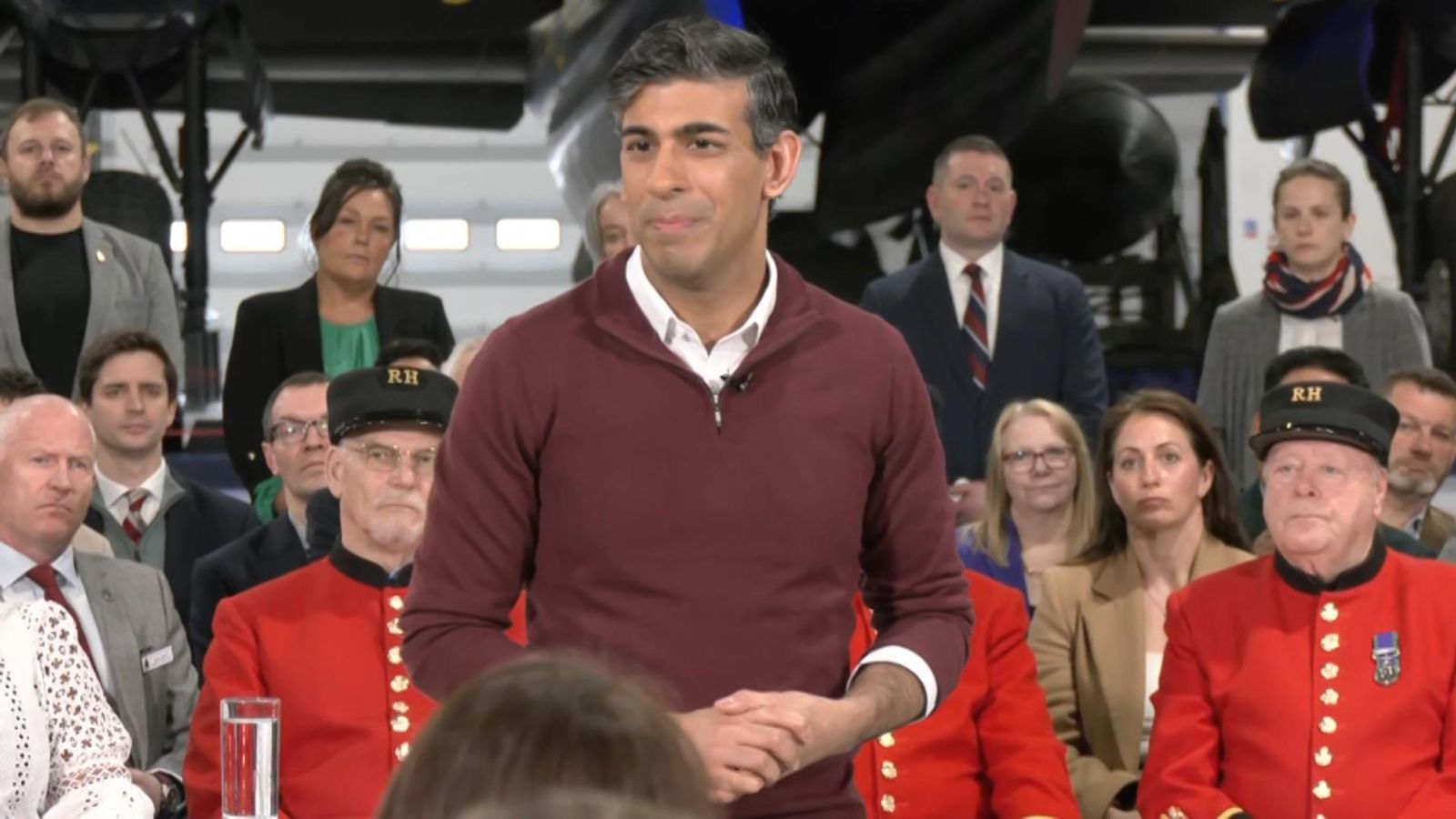Government announces a further £600 million boost for councils
Councils across England will receive a £600 million support package, in addition to funding outlined at the provisional settlement, to help them deliver key services, the Levelling Up Secretary has announced today.
The support package comes as the government has made significant progress on its economic priorities of halving inflation, growing the economy and reducing debt. Because of the progress made, we are able to support councils to deliver key services across the country.
The government values the important contribution councils make and has conducted an extensive engagement and listening programme with councils to understand the pressures they are facing including high inflation, driven by the legacy of Covid, and global instability with war in Ukraine and the Middle East. Today’s £600 million announcement reflects the unprecedented challenges that they have faced.
The support package will primarily see an additional £500 million added to the Social Care Grant to bolster social care budgets, a key concern raised by councils.
All councils will also see an increase in Core Spending Power of at least 4% through the Funding Guarantee before any local choices on council tax, efficiencies or reserves – an increase from the 3% announced at the provisional settlement. The Government’s manifesto commits to continuing to protect local taxpayers from excessive council tax increases. The proposed referendum principles strikes a fair balance. Local authorities must be mindful of cost-of-living pressures when taking any decisions relating to council tax.
This funding builds on the £64 billion package already announced at the provisional Local Government Finance Settlement for 2024-25, and has been welcomed by leading local government organisations including the Local Government Association, County Councils Network and District Councils Network.
Levelling Up Secretary Michael Gove said:
We have listened to councils across England about the pressures they’re facing and have always stood ready to help those in need.
This additional £600 million support package illustrates our commitment to local government. We are in their corner, and we support the incredible and often unsung work they do day-to-day to support people across the country.
Minister for Local Government Simon Hoare added:
This injection of funding will help ensure services which people rely on can continue – and demonstrates how important we view local government. We have listened to various organisations and considered their views seriously and I’m grateful to those who reached out to me.
The funding offers something for all of our hard-working councils, with additional funding for social care as well as help for rural authorities to deliver essential services.
In light of the exceptional circumstances, the Treasury will be providing £500m with further details set out at the upcoming Budget whilst details on the distribution of this funding will be included in the final Local Government Finance Settlement early next month. The further £100m comprises of an increase to the Funding Guarantee from 3% to 4%, £15m for the Rural Services Delivery Grant, £3m for authorities with Internal Drainage Boards, and additional funding for the Isle of Wight and the Isles of Scilly with the remainder distributed through the Services Grant.
The £15m through the Rural Services Delivery Grant for rural councils is the largest cash increase since 2018-19 and the second successive year of above-inflation increases, whilst the £3 million is for authorities facing high levies from Internal Drainage Boards which help protect residents from flooding. The £500 million increase in social care funding is in addition to the £1 billion in additional funding announced at Autumn Statement 2022 and in July 2023, to enable councils to continue to provide crucial social care services for their local communities, particularly for children.
The government is clear this funding is to be used to address the pressures facing councils and improve performance. It should not be put aside for later use or spent on areas that are not a priority. Separately, councils will be asked to produce productivity plans which will set out how they will improve service performance and reduce wasteful spend – including on consultants and HR spending on equality, diversity and inclusion.
Alongside this, an expert panel to advise the government on financial sustainability in the sector will be established by DLUHC and contain both internal and external experts. Work will also continue between DLUHC, DfE and DHSC to ensure value for money and sustainability of the sector.
We are committed to improving the local government finance system beyond this settlement in the next Parliament and the Minister for Local Government will be engaging with the sector on this over the coming months.
The announcement has been welcomed by leading figures in the sector today:
Councillor Shaun Davies, Chair of the Local Government Association, said:
The LGA welcomes that the Government has acted on the concerns we have raised and recognised the severe financial pressures facing councils, particularly in providing services to the most vulnerable children and adults through social care services and delivering core front-line services to communities.
We will continue to work with Government to achieve a sustainable long term funding settlement and updated distribution mechanisms, as well as legislative reform where needed, so that local government can play its full part in delivering inclusive prosperity and growth through investment to support people, places, and the planet.
Councillor Tim Oliver, Chairman of the County Councils, said:
We strongly welcome the government listening to our concerns, and today’s announcement of an additional £0.5 billion will go some way to easing the pressures and in particular addressing the escalating demand and costs of delivering social care and home to school transport. Whilst this extra funding will undoubtedly help us protect valued frontline services, councils, of course, still face difficult decisions when setting their budgets for 2024/25.
Looking further ahead, reform of local government finance and the way in which we are expected to provide services is imperative. Councils require a long-term financial settlement to enable us to plan for, and meet, the demand from our growing elderly populations and the more complex needs of residents requiring social care. This must be coupled with a comprehensive reform programme to bring in line the funding envelope available to enable us to deliver effectively our statutory responsibilities.
Councillor Sam Chapman-Allen, Chairman of the District Councils’ Network, said:
The District Councils’ Network welcomes the Government’s decision to allocate additional funding for essential district services, a move that will benefit residents and businesses throughout England. This offers some relief to district councils and the communities we support. It will help mitigate potentially extensive reductions to valued local services.
But it’s important to note that the financial and operating challenges for district councils remain significant. It is clear that more comprehensive solutions will still be needed to fully address the ongoing financial pressures, including homelessness.
Further information:
- Core Spending Power is a measure of the resources available to local authorities to fund service delivery. It sets out the money that has been made available to councils through the local government finance settlement.
- The Barnett formula will apply in the usual way.



